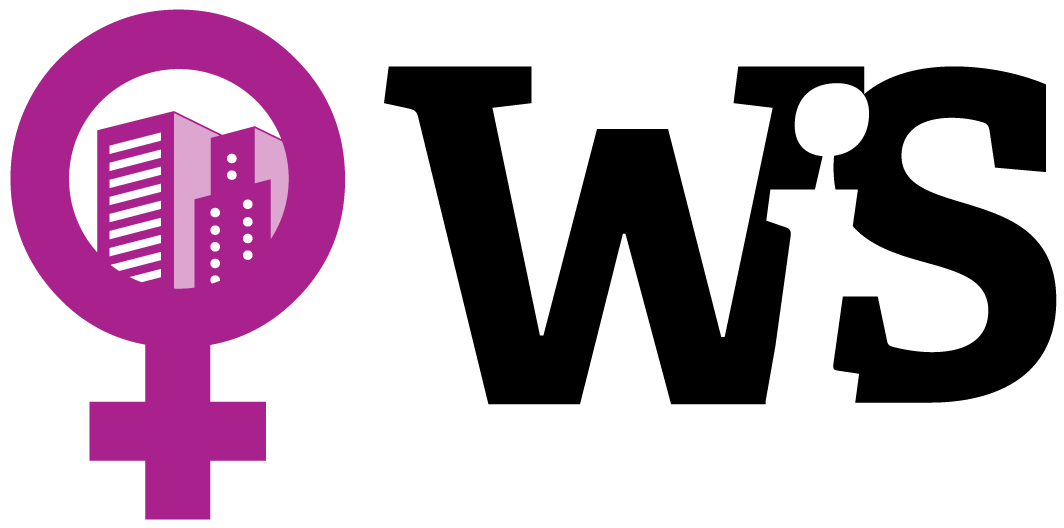“More with less? But that’s impossible!”
I hear you. And I know it sounds crazy, but it is possible. I know it is, because I’m doing it.
I don’t make New Years’ resolutions, but I did promise myself that this year I would focus on learning skills to increase my productivity and ensure I was spending time doing what I do best, instead of doing everything that happens to fall in my lap.
The result has been that I am actually achieving more and am far more fulfilled day-to-day, even though I am technically “doing less.”
Here are a few tips to help you get started doing less.
But I’m “really busy!”
We all experience ‘busy periods’. For lawyers, it can be a case that finally reaches a two-week trial. For strata managers, it might be staff members leaving and everyone having to pick up the slack while the recruitment process drags out (again).
The effective way to handle a busy period is not to put in more hours by working nights and weekends — that only makes you tired, prone to mistakes, unhealthy, unhappy and seriously unproductive.
The effective way to handle busy periods is to re-prioritise. Ask yourself:-
- What do I absolutely have to get done today?
- What would it be ok to leave until tomorrow?
- If I don’t achieve this today, how will I feel at the end of the day?
When I ask myself these questions, most things on my list fall into item 2, leaving three or four things at item 1. With only three or four things on the list for the day, they all get done, leaving me feeling more satisfied and fulfilled than if I had only partially completed everything on an impossibly long list. Item 3 is where daily exercise comes in: I know if this doesn’t happen, regardless of how much ‘work’ I may have got through, I am going to be feeling pretty crappy about myself at the end of the day. Making time for exercise pays huge dividends. But that’s another blog post…
Very few things are urgent, and if you are disciplined about your schedule, very few things ever become urgent.
If you honestly believe that everything on your list is ‘urgent’ and you have 16 hours of ‘urgent’ work to fit into an 8-hour work day, it’s time to either:-
(a) get a new boss
(b) re-think your ‘business’, which is really just a job with a bad boss (ie: you), and/or
(c) see a therapist.
Effective scheduling
If you don’t schedule it, you won’t do it.
Scheduling does not mean putting things on your ‘to do’ list. To do lists are actually incredibly unhelpful. They just keep growing and then mock you at the end of the day as the ‘today’ list gradually turns red and the ‘tomorrow’ list looms.
Scheduling means using your calendar to block out lumps of time which you will devote to one thing and one thing only. For example: one hour to work out a strategy for a difficult file that has been sitting on your desk for too long; 20 minutes to check email and schedule (or delegate) issues arising from your inbox; 15 minutes to return a phone call or two; 30 minute staff meeting; 30 minutes for a walk; 30 minutes for lunch.
When you schedule most of your day, you save the intellectual and emotional energy that is otherwise spent deciding ‘what should I focus on now?’ and avoid the guilt when you get lost: ‘I just opened my inbox and 2 hours disappeared?!’
The trick to successful scheduling is discipline: if your calendar says you only have 15 minutes for that phone call, then you only have 15 minutes. Tell the person on the other end of the line that you only have 10 minutes when you start the call (giving you 5 minutes to offer in generosity) and wrap up when it’s time. If you are ceaselessly interrupted by colleagues in the office, let them know that you have a deadline (you do: a self imposed one) and ask that they send you a calendar invite for a 10 minute meeting at a mutually available time. Set up alarms or alerts in your calendar so you know when it’s time to move on to the next scheduled item.
To be able to do this effectively, you need to be able to shut other things off. So it’s time to…
…cut the noise
If you’ve set aside an hour to work on something intellectually taxing, such as an advice letter or strategy document, close your door, put your phone on silent, close your inbox, close all browser windows and even turn off wi-fi if you don’t need it for the particular task you’re doing. You’ll be amazed at what you can get through in one hour when your attention is solely focused and you’re not flitting back and forth between emails, phone calls, Facebook updates and text messages. If you need to go somewhere else to get it done, do it: a coffee shop, the local library, your home.
We’ve all had the experience of a looming deadline. In the face of a true deadline, you are laser focused and highly efficient, because your job/business/reputation depends on it. You get the job done on time and when you look back, you’re surprised: “wow, I did all of that in 2 hours?”
The trick is to work that way without the stress of the looming deadline. It is possible, and practice makes perfect. The more you schedule, the more value you will fit in to those small blocks of time.
A big part of “cutting the noise” is avoiding email. This is usually the hardest thing to do, and is something that, after a few months of practice, I am finally getting the hang of. Do not check your email first thing in the morning. That allows your inbox to tell you what to do. Big mistake. You’re in control here, not your inbox. Decide the night before what your priorities are for the first two hours the next day, and focus on those priorities only. Check your emails at 11am (or later if you can) but only spend 20 minutes or so in there. Respond to anything that will take you less than 1 minute, delegate what someone else can or should be doing, and schedule everything else. Then log out. Return to your email again at 4pm if you must. The masters of email management check once a day (or once a week…or less. Hey, I can dream!)
Communication is key here: it’s your job to assist your clients and colleagues to set realistic expectations about your response times. If you’re uncomfortable about not checking email regularly, set up an auto response that works. Tim Ferris (author of The 4-Hour Work Week) has some great templates here.
It can happen for you
I currently ‘work’ 4-days per week. Mondays I spend with my young son; Tuesdays, Wednesdays and Thursdays are strictly reserved for client work including meetings and telephone calls; Fridays are set aside for business/personal development and marketing projects: this is my time to write, record my podcast, plan and attend to management responsibilities. Yes, urgent client matters do come up from time to time that may need my input on a Monday or a Friday, but when you’re strict about your schedule, it happens less than you think. I no longer receive office emails on my phone, and that has been a life-changer. If you’re having trouble stepping away from email, I highly recommend that as a first step.
Now, when I’m sitting down to work, I am focused only on the task I have scheduled in for that time. Without distractions, I am getting the job done in half the time. I’m achieving more, but actually doing less.
Think about incorporating some of these strategies into your day, and let me know how things turn out for you.
If you’re interested in learning more about these and other useful productivity tips, join us for breakfast at Macquarie Bank on Friday 9 September 2016, where Ash Roy of Productive Insights will share his tried and tested tips to increase your productivity and supercharge your work day. Save the date, more details to come.


Recent Comments